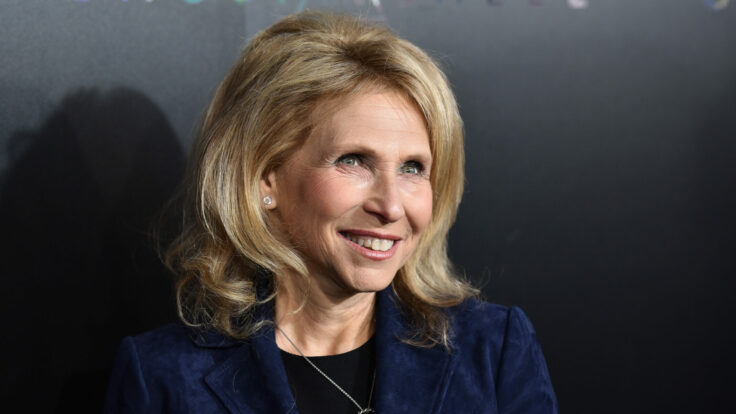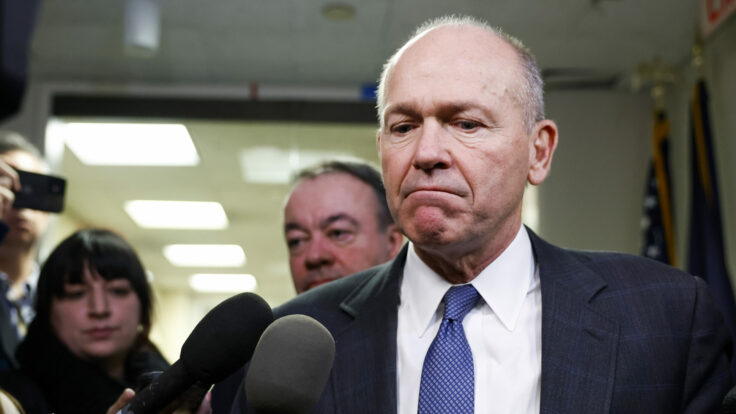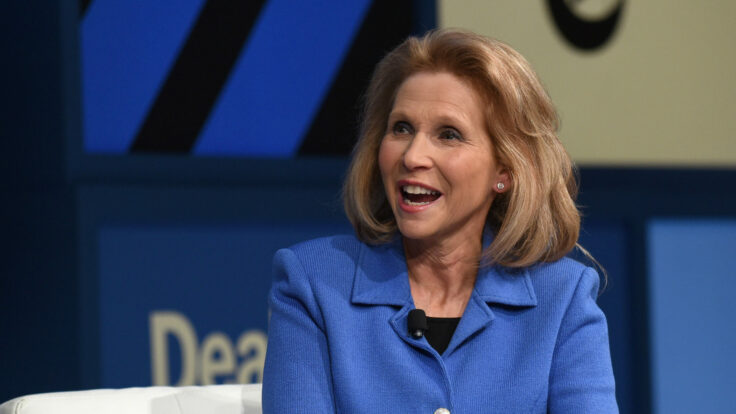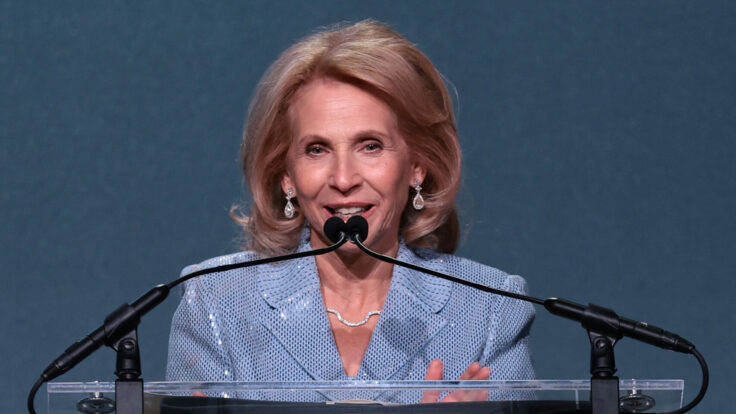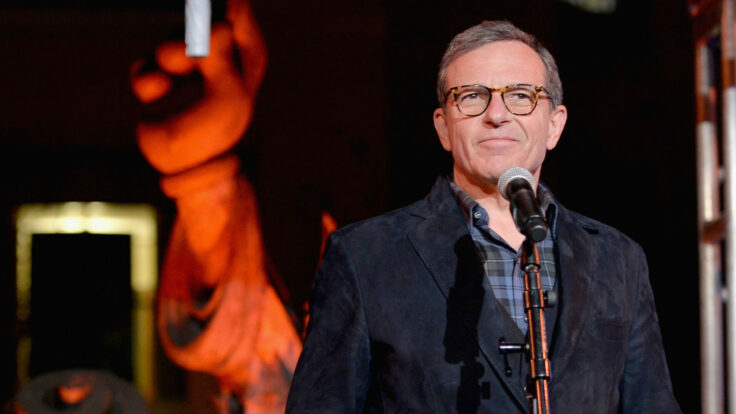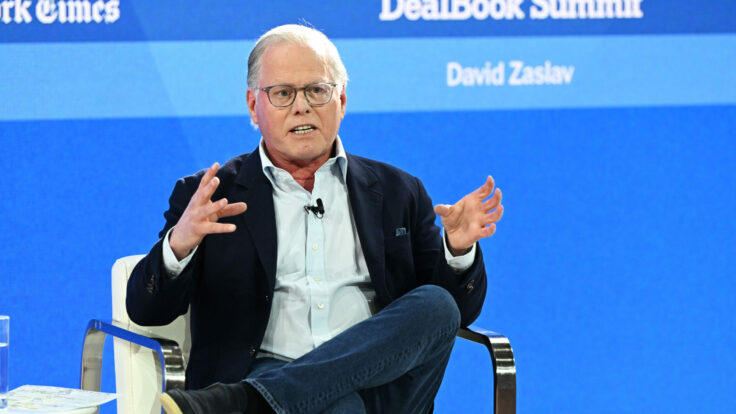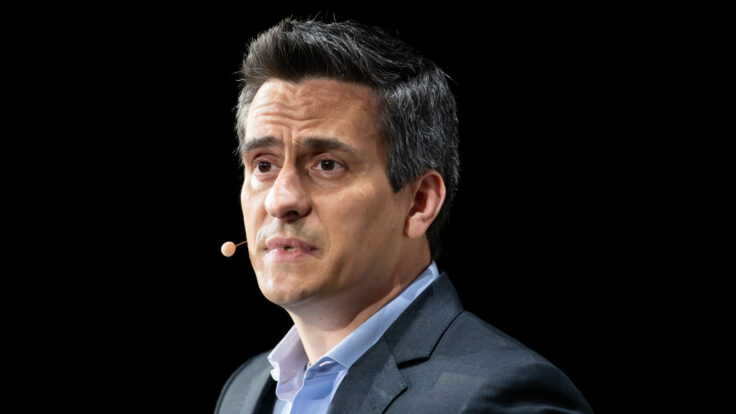Since about midday on Monday, much of the media, along with the extremes of our political spectrum, have been losing their collective lunch over what Elon Musk’s acquisition of Twitter will mean for Twitter, for open debate, for “free speech,” for Trump and Alex Jones and other disinformation artists, for Bezos and Gates, and so forth and so on. Sure, these are all valid questions pertaining to Musk’s decision to take Twitter private for $44 billion and to becoming its sole owner, at least until he can find some equity partners. But one key constituency has thus far been ignored, and, on some level, it might be the most important: the Tesla shareholders.
Musk’s bid, after all, is financed by $25.5 billion of debt that Morgan Stanley and its Wall Street brethren are underwriting. Those banks, of course, will syndicate the loans to other banks and to other buyers, or will sell the various senior notes to investors, at a price. But to get $12.5 billion of the $25.5 billion, Musk secured a “margin loan,” meaning that he pledged his Tesla stock as collateral. Usually, such a loan is made at a 50 percent loan-to-value ratio. In order to get the banks to pony up a $12.5 billion margin loan, Elon probably had to pledge $25 billion of his Tesla stock to the banks. That means if the value of the Tesla stock falls by a certain amount, the banks can seize the collateral, in this case the Tesla stock, and sell it into the market at whatever price it will fetch to pay down the loan. Elon will have no say in the matter.






